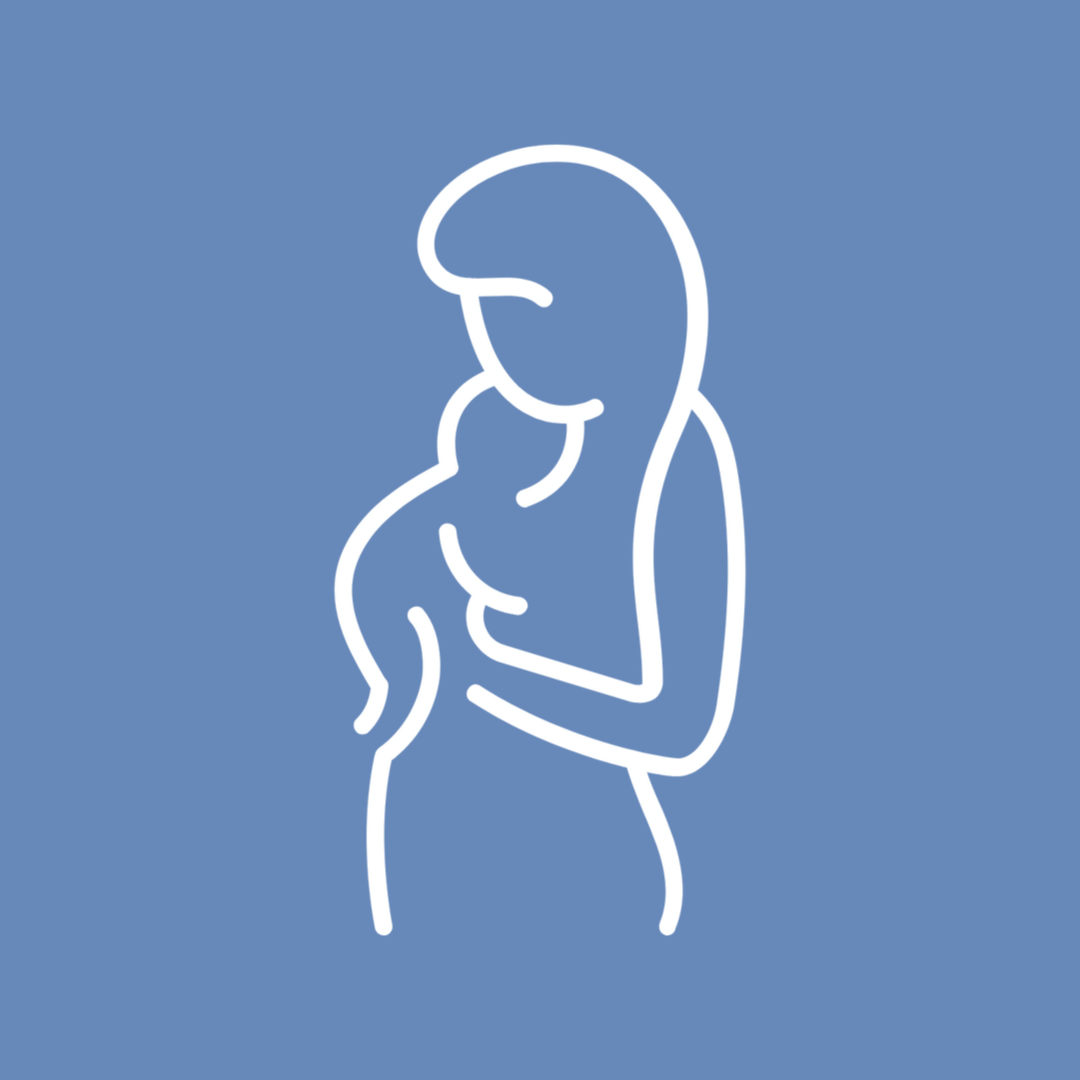Postpartum Nutrition: Why Healthy Eating Matters to New Moms
Caring for Yourself After Birth: Why Food is a Form of Recovery
You just went through something incredible. Now, nearly all of your time and energy is focused on keeping your new baby fed, soothed, and safe. In the blur of feedings, diaper changes, and sleepless nights, it’s easy for your own needs—especially around food—to fall to the side.
With so much of your attention wrapped up in caring for your baby, it’s completely understandable if your own needs have taken a back seat. Maybe meals feel like an afterthought, or you’re just grabbing whatever’s easy in between feedings. Even small, gentle steps toward nourishment can make a real difference—in healing, in emotional steadiness, and in simply feeling a bit more grounded during this big transition.
Food isn’t just fuel—it’s a form of care. In the postpartum season, the way you eat can support your healing and help you meet the daily demands of new motherhood. There’s no deadline for recovery, and no one right way to approach it. Giving yourself the nourishment you need is an important part of taking care of yourself.
How Nutrition Supports Your Recovery
Milk Supply
If you're breastfeeding, your body needs an additional 300–400 calories per day, along with extra fluids, protein, and key nutrients like calcium, iron, and vitamin B12. Without enough nourishment, you might notice changes in your milk supply and energy level. Eating regularly and intentionally helps support steady, sustainable milk production, while also keeping you feeling stronger and more balanced.
Hormonal Balance and Mood
After birth, your hormone levels shift dramatically, especially estrogen, progesterone, and oxytocin. Nutrients like omega-3 fatty acids, B vitamins, magnesium, and zinc play a key role in regulating these hormones and supporting the neurotransmitters that influence your mood. A well-nourished body is better equipped to handle emotional ups and downs, reduce the risk of postpartum depression, and support mental clarity.
Energy and Stamina
Postpartum comes with sleep deprivation and nonstop caregiving, which can leave you feeling drained. Fueling your body with complex carbohydrates, iron-rich foods, and steady sources of protein helps you feel more stable and supported—especially on low-sleep days. Staying hydrated and replenishing key electrolytes also support your ability to function when rest is in short supply. Herbal teas, broths, and water-rich fruits (like strawberries, cantaloupe, or oranges) count toward your fluid intake.
Tissue Repair and Inflammation
Your body is still actively healing after birth, and it needs the right nutrients to do that well. Protein is essential for cell repair, and vitamin C, zinc, and collagen-rich foods support wound healing and tissue recovery. Anti-inflammatory foods like leafy greens, berries, turmeric, and omega-3s may help reduce swelling and support a smoother recovery.
What a Nourishing Postpartum Plate Looks Like
A nourishing postpartum plate combines a variety of nutrient-dense foods that provide protein, healthy fats, complex carbohydrates, and plenty of vitamins and minerals to support your recovery. Think of meals that pair leafy greens with a good source of protein like eggs or chicken, a healthy fat such as avocado or olive oil, and a complex carbohydrate like sweet potatoes or quinoa. Adding colorful fruits or vegetables ensures you get vitamin C and antioxidants to aid healing and immune function.
A balanced plate doesn’t have to be complicated or perfect. Focus on including foods you enjoy from each food group so eating feels satisfying and sustainable. Aim for about half your plate to be vegetables or fruits, a quarter protein, and a quarter complex carbs, with a small portion of healthy fats. This simple framework can help you build meals that nourish both body and mind during the postpartum season.
Simple Meal Ideas for a Nourishing Postpartum Day
- Breakfast: Scrambled eggs with spinach and whole wheat toast with avocado
- Lunch: Bagged salad greens with rotisserie chicken, pumpkin seeds, and lemon-olive oil dressing
- Snack: Greek yogurt with berries and chia seeds
- Dinner: Grain bowl with rice (sold pre-cooked in a bag), salmon (buy pre-cooked from the grocery store deli or fish counter), grape tomatoes, and prepared pesto
And some days,
frozen waffles might be what gets you through a morning—and
that’s ok too!
Progress, not perfection, is the goal.
Sources: Motherhood Center (2025), National Institute of Health (2022), Northwestern Medicine (2024), The Food Doula (2024)

